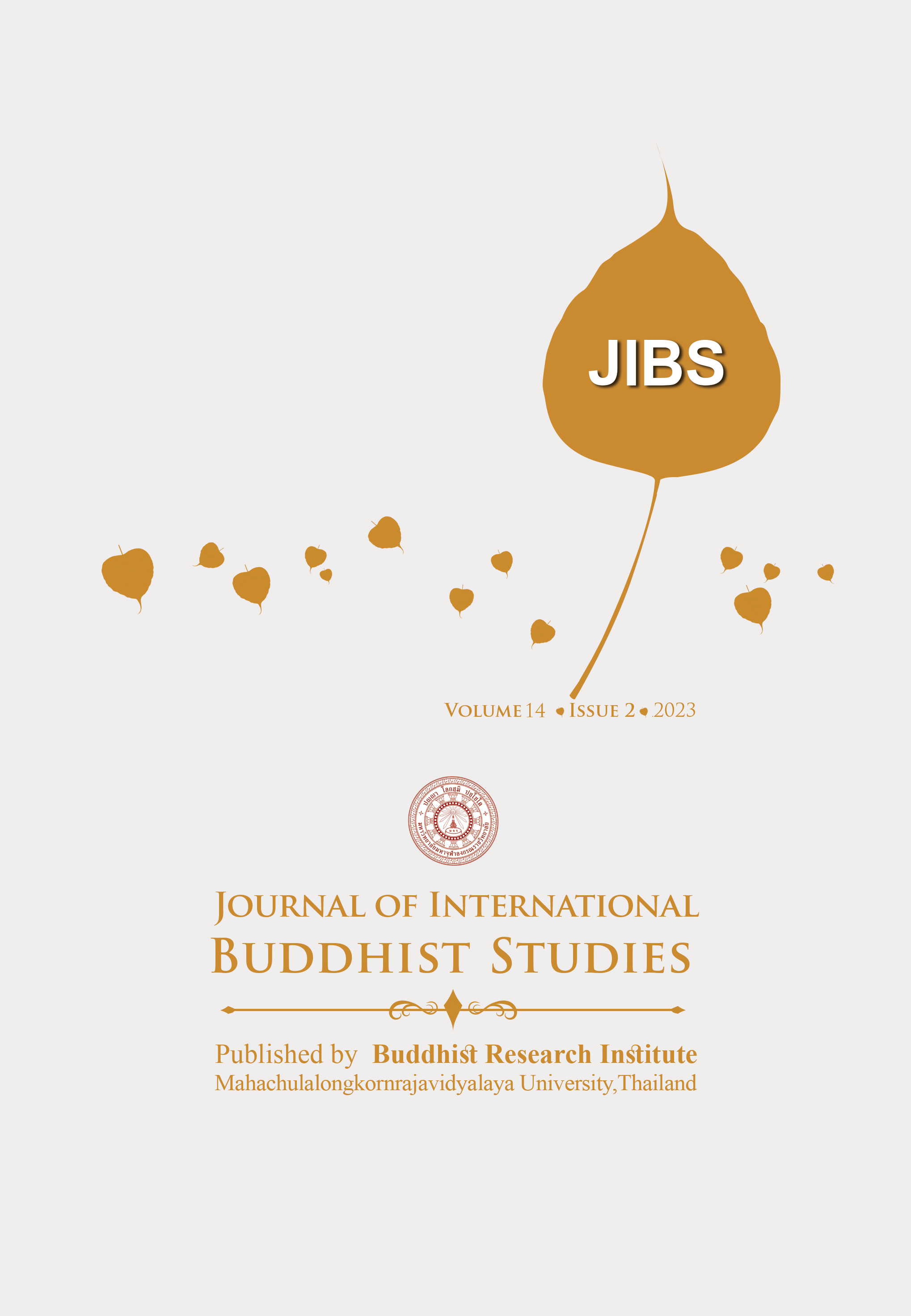Parenting Patterns Influence on Children's Development from a Buddhist Perspective
Keywords:
Education, Pali Tipitaka Buddhis Perspective, Children’s Development, Parenting PatternsAbstract
Education is a planned effort carried out to grow and shape human resources with good morals. The basic shaping of human behavior can not be separated from the role of parents. Parents are the oldest social unit family as the basis of human civilization which passes on the lanterns of civilization to children. The purpose of this research is to know the role of parenting style on children's development from a Buddhist perspective. This research uses the method of library research (library research) which originates from the study of the Pali Tipitaka. Based on the source of the Pali Tipitaka, the results of this study indicate good parenting styles for children's development, namely: (1) Developing an attitude of independence in children, (2) Developing the child's personality, (3) Having good self-confidence, (4) Instilling self-control towards children, (5) Instilling strong faith (sadha) in accordance with the beliefs believed by their parents. The success of parents in providing good parenting can be seen in the way children act and behave in everyday life. Families who have good morals will bring happiness, and harmony, and always maintain the good name of the family in public life.
References
Fitriani, Parenting. Patterns in Building Social Character Children in the Awang Community. Indonesia: Makassar State University, 2018.
Girivirya, Sulaiman. The Awakened Parenting Guide to Parenting Education Linked to the Buddhist Sunday School Program. Jakarta: Directorate General of Buddhist Community Guidance, 2018.
Gunarsa. Psikologi Praktis: Anak, Remaja Dan Keluarga. Jakarta: PT BPK Gunung. Mulia, 2004.
Horner. The Middle Length Saying Part I. Oxford: The Pali Text Society, 1990.
Masefield, Peter. The Minor Ontologies of The Pali Canon Part II (Itivuttaka). Oxford: The Pali Text Society, 2001.
Maylasari, Ika et al. Early Childhood Profile 2020. Jakarta: Central Bureau of Statistics, 2020.
Mukti, Krishnanda W. Discourse on Buddhist Dharma. Jakarta: Karaniya, 2020.
Napthali, Sarah. Buddhism for Mothers. Tangerang: Literature Medhya, 2009.
Qurrotul, Ayun. “Parenting Styles and Parenting Methods in Shaping Children's Personalities.” ThufuLA: Journal of Teacher Education Innovation Raudhatul Athfal 5 (2017): 1.
Rhys, David. Digha Nikaya (Dialogues of The Buddha) Vol.III. London: Pali Text Society, 2008.
Schohib, Mohammad. Parenting Patterns to Help Children Develop Self-Discipline. Jakarta: Rineka Cipta, 2014.
Sri Dhammananda. Happy. Jakarta: Ehipassiko Foundation, 2016.
Tridhonanto. Developing Democratic Parenting. Jakarta: Elex Media Komputindo, 2013.
Woodward. The Book of the Gradual Saying (Angutara Nikaya). London: The Pali Text Society, 1975.







